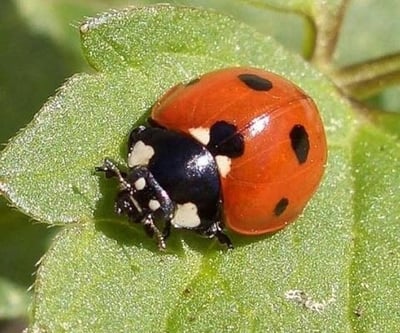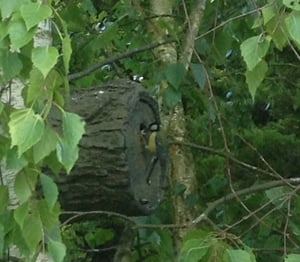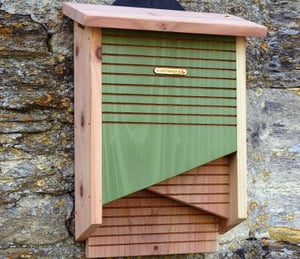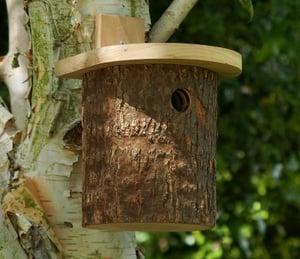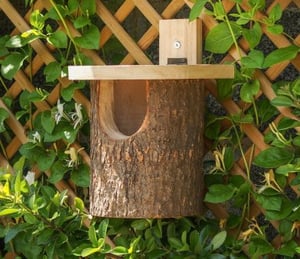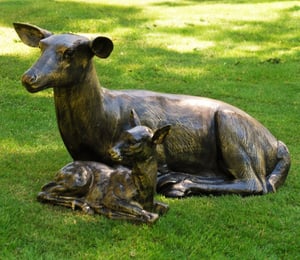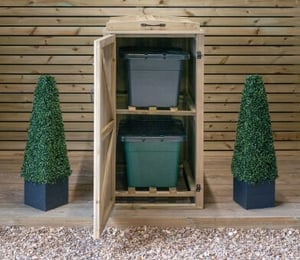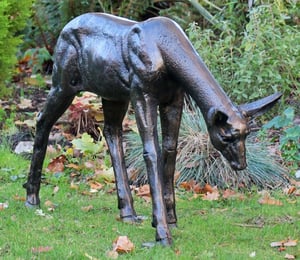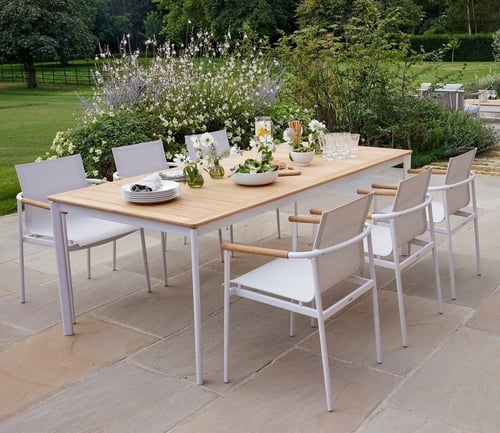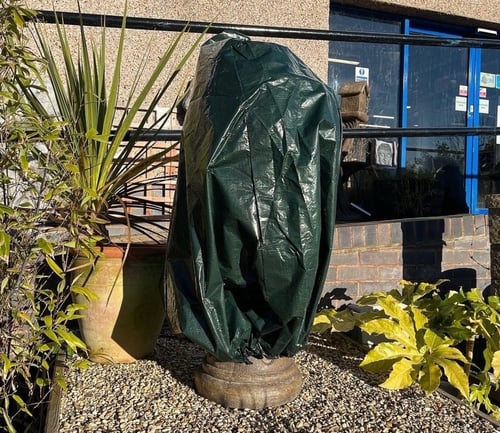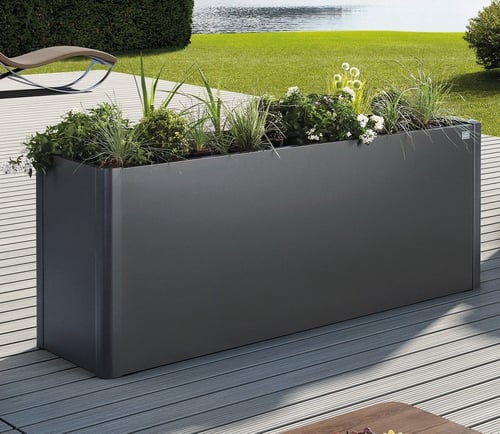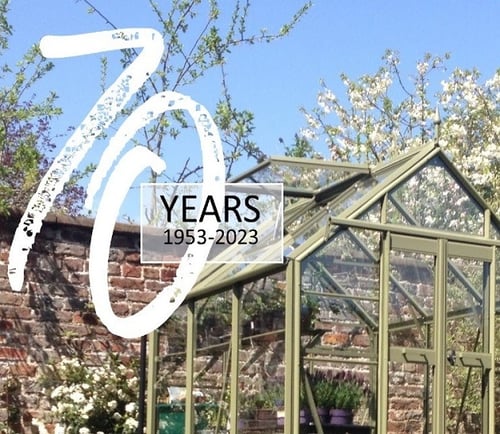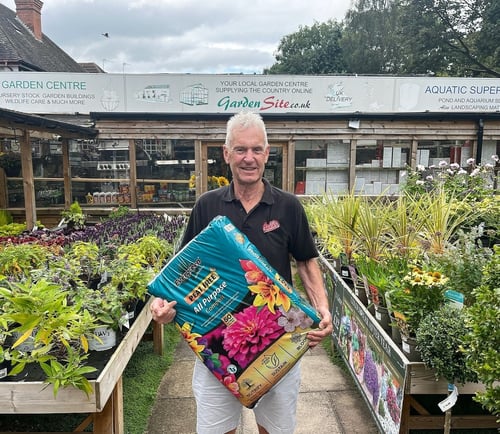It doesn't take too much effort. You just have to learn to garden with nature rather than against it. By avoiding artificial fertilizers and pesticides you will maximise bio-diversity, creating an environment that is a thriving eco-system in which compost and manure replace chemicals.
Natural practices
Pests are controlled by beneficial predators, susceptible plants are protected by netting and ideas such as companion planting are put into practice.
This is where you plant two crops adjacent to each other, so one or both benefit. It isn't anything new, try planting members of the onion family next to carrots and theory is that both onion and carrot fly will be repelled.
Encourage birds into the garden with food and bird baths. They will more than adequately repay your generosity by picking off insects and devouring weed seeds.
Conserve water
Especially in the late hot summer when plants have exhausted all the ground water, this much in demand resource needs to be managed efficiently, and pre-planning is key.
It's estimated that over 5000 gallons (24,000 litres) of rain water could be collected each year from your house roof, especially during the winter. In addition, rain can be collected from your garage and shed, all you need is some guttering and a down pipe.
So don't wait until the summer, put a water butt in place when most rain is expected. Stored in a butt it can be used in July and August when plants most need it and when water companies struggle to meet demand.
The peat debate
Peat is one battleground over which advocates of sustainability and traditional gardeners regularly skirmish.
Created by decaying organic matter in wetlands, it's not nutrient rich but has a great capacity for holding moisture and is very effective in aerating the soil. However, it's not sustainable. There is a finite amount and conservationists will point to the habitat and bio-diversity that is destroyed when it is harvested.
94% of lowland peat bogs in the UK have disappeared, so we are now increasingly importing it and this causes a huge carbon footprint.
The government clearly see this as a big problem and have set a target to phase out peat as a growing medium by 2020. Peat free compost manufacturers continue to improve their product, made from coir, wood fibre and various other composted organic matter and it is now a viable alternative.
Read the label
However traditionalists are slow to change their ways especially when the alternatives are more expensive due to extra processing. It's also not totally apparent sometimes what's in the bag you are buying, so make absolutely sure that you are protecting the environment by only buying compost that specifically states 'peat free'.
Sustainable gardening is all about striking an ecological balance, creating a thriving environment while not depleting finite resources. These are not crackpot ideas, or even a quick fix, but sensible reasoning that will benefit everyone.
